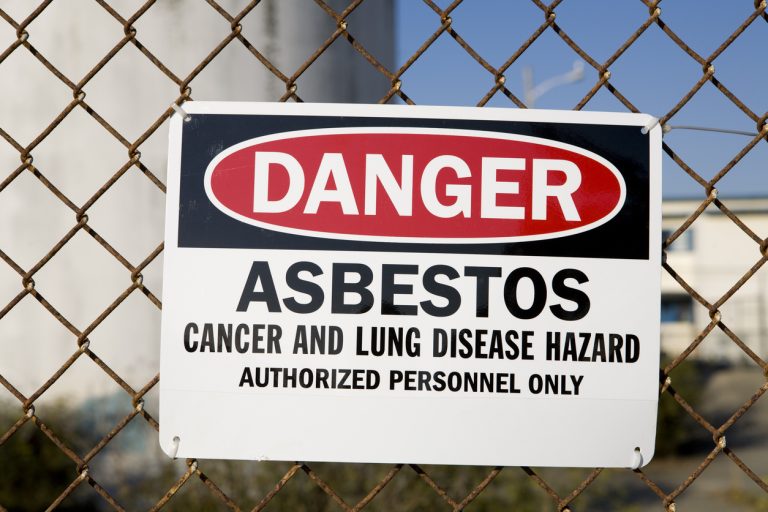A jury awarded approximately $174,00 to a whistleblower who was fired for reporting improper asbestos removal practices at asbestos abatement and demolition company Champagne Demolition, LLC. OSHA brought suit on his behalf under Section 11(c) of the Occupational Safety and Health Act, and the jury awarded $103,000 in back wages, $20,000 in compensatory, and $50,000 in punitive damages. The jury instructions are available here.
Miles-verdict-formAccording to the complaint, the company fired the whistleblower one day after he raised concerns about improper asbestos removal at a high school in Alexandria Bay, NY, and entered the worksite when it was closed to take pictures of the asbestos. The whistleblower also removed a bag containing the improperly removed asbestos. A few weeks after Champagne Demolition terminated the whistleblowers’ employment, they sued him for defamation. Champagne Demolition subsequently stipulated to the dismissal of the defamation claim. OSHA alleged that both the termination of the whistleblower’s employment and the filing of a defamation action were retaliatory acts prohibited by Section 11(c) of the Occupational Safety and Health Act.
Although for procedural reasons the court did not rule on whether the filing of the defamation action against the whistleblower was retaliatory, the Secretary’s motion for summary judgment stakes out an important position on retaliatory lawsuits against whistleblowers:
Lawsuits filed with the intent to punish or dissuade employees from exercising their statutory rights are a well- established form of adverse action. See BE & K Constr. Co. v. NLRB, 536 U.S. 516, 531 (2002) (Finding that a lawsuit that was both objectively baseless and subjectively motivated by an unlawful purpose could violate the National Labor Relations Act’s prohibition on retaliation); Torres v. Gristede’s Operating Corp., 628 F. Supp. 2d 447, 472 (S.D.N.Y. 2008) (“Courts have held that baseless claims or lawsuits designed to deter claimants from seeking legal redress constitute impermissibly adverse retaliatory actions.”); Spencer v. Int’l Shoppes, Inc., 902 F. Supp. 2d 287, 299 (E.D.N.Y. 2012) (Under Title VII, the filing of a lawsuit with a retaliatory motive constitutes adverse action).
OSHA should be commended for taking the case to trial and obtaining punitive damages. As approximately 4,379 workers in the U.S. are killed annually due to unsafe workplaces, it is critical for OSHA to vigorously enforce Section 11(c) of the Occupational Safety and Health Act and counter retaliatory lawsuits against whistleblowers, an especially pernicious form of retaliation.








